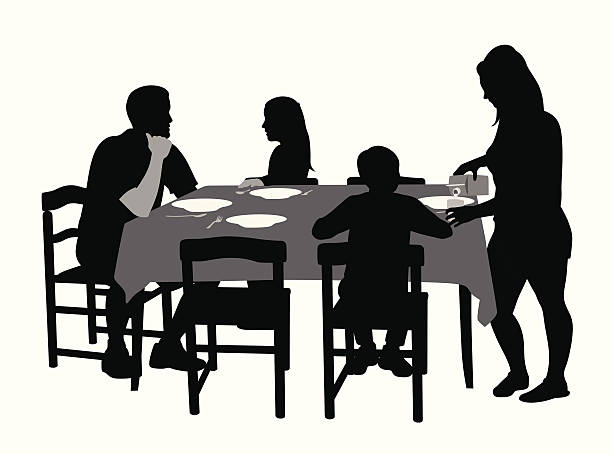The first time a Malaysian asks you, “Have you eaten?” you might think that you’re special. But when your professor, classmate, and even the shopkeeper ask you the same question, you begin to realize that either you’re special or the question is baked into Malaysian social interactions.
The most important lesson I learned about the country is that Malaysians want to eat and want everyone to be fed. Indeed, one of my professors joked that Malaysians eat eight times a day. When the local students in the class protested, he counted the meals for them from one to eight.
The same professor explained the lack of protest by the citizens when their government increased the fuel price: “Everyone is quiet,” he said, “because our bellies are full.”
I’m telling you this because insights from science may explain the Malaysian laidback character. Research says that we’re more aggressive when hungry because self control requires energy which is absent when we’re hungry. So when we eat, we’re able to replenish our stock of energy which we get from the glucose in our food.
- Demolition: I could have slapped Kwankwaso at Aso Rock – Ganduje
- Corpse of kidnapped former Imo Speaker’s orderly found
One study in particular is important for this discussion. The paper says that self-control requires energy and people are more aggressive when hungry. The paper is titled “Self-Control and Aggression” by Thomas F. Denson, C. Nathan DeWall, and Eli J. Finkel. The paper discusses how self-control of aggressive impulses requires energy, and much of this energy is provided by glucose derived from the food we eat. The paper also explains that low glucose levels relate to greater aggression in married couples.
Here are the five most important takeaways from the study:
- Self-control of aggressive impulses requires energy. This is because self-control is a cognitive process that requires us to consciously override our natural impulses. When we exert self-control, we are essentially using up our cognitive resources. This can lead to a depletion of energy, which can make it more difficult to control our impulses in the future.
- Low glucose levels relate to greater aggression in married couples. This is because couples who are in conflict often have to exert self-control in order to avoid arguing or fighting. When their glucose levels are low, they may be less able to control their impulses, which can lead to aggression.
- Self-control processes are special, perhaps unique, in this regard. This is because self-control is a cognitive process that requires us to consciously override our natural impulses. Other cognitive processes, such as memory and attention, do not require us to exert self-control. This suggests that self-control is a unique process that requires its own type of energy.
- The depletion of brain glucose causes a transient reduction in self-control after the exertion of prior self-control. This means that when we exert self-control, we temporarily deplete our brain’s supply of glucose. This can lead to a reduction in our ability to control our impulses in the future.
These findings have important implications for our understanding of self-control and aggression. They suggest that self-control is a limited resource that can be depleted by exertion. This means that we need to be careful not to overextend our self-control, as this can lead to a reduction in our ability to control our impulses in the future. Additionally, the findings suggest that low glucose levels can make us more likely to act impulsively, including becoming aggressive.
So next time your spouse is getting angry instead of talking back, stick a piece of chicken in their mouth.
These findings have implications beyond adults. Hunger could also be blamed for many sibling squabbles. As for babies, all mothers know when the cute little ones are getting “hangry.” Therefore, the solution to most of these situations is almost always food.
My one year old daughter for example cries only when hungry. She also cries when she’s ill or sleepy, but the most consistent source her discontent is “hanger” – that is when she’s angry on account of hunger. So when she starts crying because she’s not allowed to tear up her big sister’s homework, I tell the mother “please feed her. She’s hangry.”
References
(1) Self-Control and Aggression – ResearchGate. https://www.researchgate.net/publication/228079900_Self-Control_and_Aggression.
(2) Low glucose relates to greater aggression in married couples. https://www.pnas.org/doi/10.1073/pnas.1400619111.
(3) Frontiers | Mental Work Requires Physical Energy: Self-Control Is …. https://www.frontiersin.org/articles/10.3389/fpsyg.2018.01005/full.

 Join Daily Trust WhatsApp Community For Quick Access To News and Happenings Around You.
Join Daily Trust WhatsApp Community For Quick Access To News and Happenings Around You.


